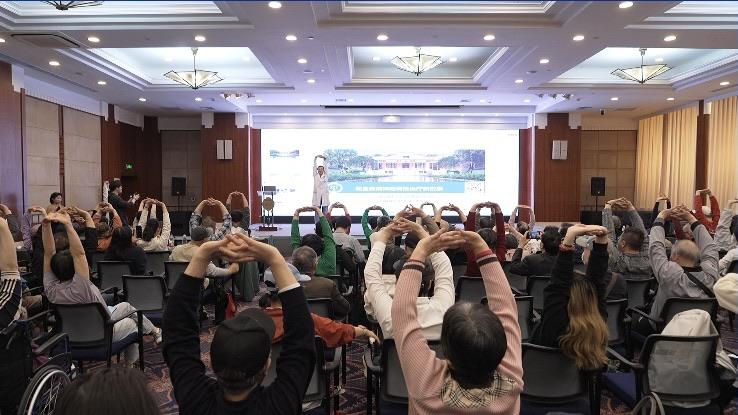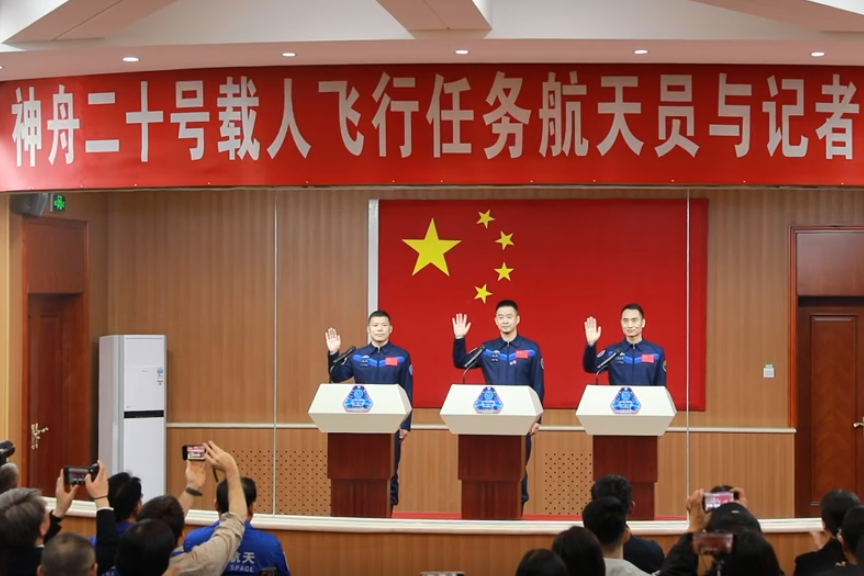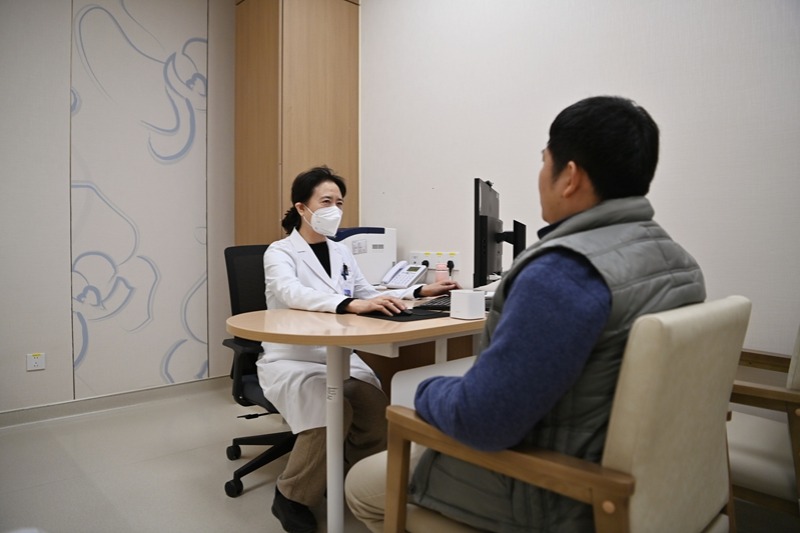'Cell replacement' therapy shows potential in improving functional recovery of Parkinson's disease patients


China's first-ever Parkinson's disease patient who received GCP (good clinical practice) class treatment of autologous stem cell transplantation at Shanghai Ruijin Hospital shared her phased experience of recovery with the public for the first time at an event held at the medical institution on Tuesday.
This signified that the patient has successfully passed the clinical trial of international standard and used her own stem cells to repair the damaged cranial nerves, marking a key step in treating Parkinson's disease with cell therapy in the country and offering hope for functional recovery.
This event led by neurology experts from the hospital aimed to popularize scientific knowledge about the disease to patients. Experts talked about cutting-edge treatment explorations in the disease area to more than 200 patients.
Parkinson's disease is a common neurodegenerative disorder afflicting about 4 million individuals in China. Due to the gradual death of dopamine-producing neurons in the brain, patients have symptoms, such as limb tremors and slowed movement, and may eventually lead to loss of motor function and even general stiffness, losing the ability to take care of themselves completely. Medical experts said that current drug therapies alleviate symptoms but fail to halt disease progression.
The patient, a 66-year-old woman surnamed Shen, underwent a minimally invasive procedure at Ruijin Hospital, where dopaminergic neural precursor cells derived from autologous induced pluripotent stem cells were transplanted into specific areas of her brain, on March 1. She has already regained the ability to walk independently for an entire day.
The treatment was developed through a collaboration between the neurology team at Ruijin Hospital and the Center for Excellence in Brain Science and Intelligence Technology of the Chinese Academy of Sciences.
"The transplanted cells are expected to mature over the next three to six months, establish connections with the existing neural network, and release dopamine as needed. This 'cell replacement' therapy holds the promise of realizing functional recovery compared with traditional drug treatments," said Li Dianyou, the lead surgeon.
Ning Guang, an academician with the Chinese Academy of Engineering and president of Ruijin Hospital, said the hospital has been committed to clinical treatment and research of Parkinson's disease and has achieved technological advancements, including stem cell transplantation and neural modulation, demonstrating promising results in improving patient outcomes.
- New Hefei Central Library offers unique interaction with city
- Rare snow leopard photographed in Xizang
- China says it has ample storage facilities for radioactive waste
- Xizang's foreign trade sees significant growth in first quarter
- International IP Butterbear exhibition makes debut in Shanghai
- More than 920 Chinese suspects involved in telecom fraud in Myanmar handed over to China





































